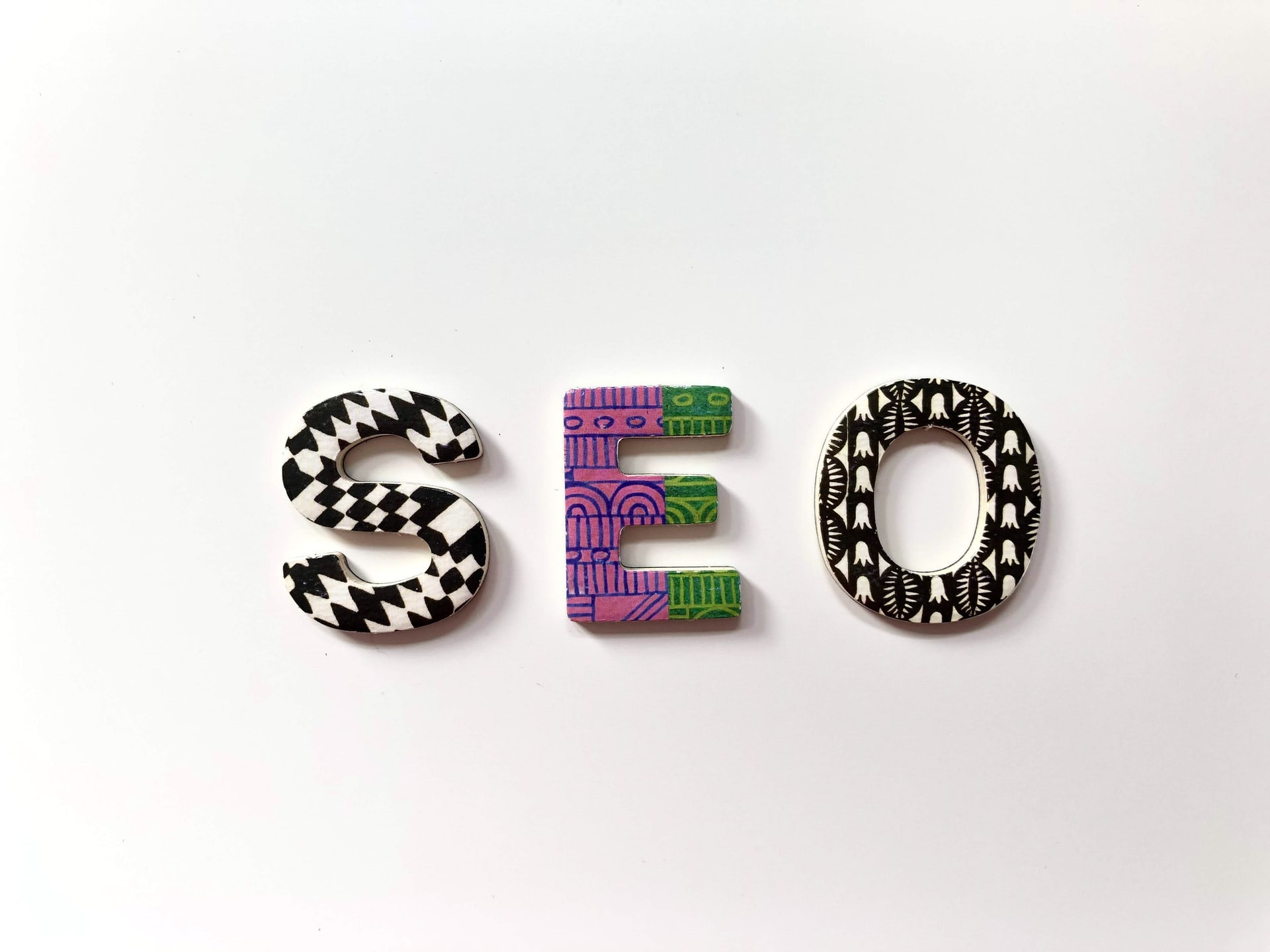Key Takeaways
SEO brings in traffic, CRO turns that traffic into revenue — both are essential for sustainable growth.
You don’t have to choose between ranking and converting — the smartest brands optimise for both.
2025 demands a user-first approach — UX, speed, and intent alignment are now ranking and revenue factors.
Testing is your superpower — use A/B tests not just for design, but also for search-driven landing pages.
Don’t over-optimise for bots or humans alone — the balance is where results live.
What Are SEO and CRO? A Simple Breakdown
SEO drives people to your site. CRO makes sure they do something valuable once they get there.
Let’s get clear on the fundamentals, but not in the dusty textbook way.
What Is SEO (Search Engine Optimisation)?
SEO is how you show up when people search — and how you earn that spot without paying for ads.
It's everything from writing good content to fixing broken links, optimising page speed, and getting backlinks. SEO is what gets you seen.
But being seen isn’t enough.
What Is CRO (Conversion Rate Optimisation)?
CRO is how you make people say “yes” once they land on your site.
That “yes” might be a purchase, a sign-up, a call request — whatever your goal is. CRO is about eliminating hesitation, building trust, and guiding people through decisions.
It’s headlines, buttons, layouts, forms, microcopy, and even the order of your pricing plans. It’s psychology, design, and experimentation rolled into one.
CRO vs SEO — The Key Differences and Why You Need Both
SEO brings the audience. CRO makes sure the audience acts.
Here’s the mismatch too many brands fall into:
They obsess over traffic but ignore what people do when they get there.
Or they run slick funnels that convert — but no one’s visiting the page.
Without SEO, CRO has no one to convert. Without CRO, SEO brings people to a dead end.

Why Integrating CRO and SEO Matters in 2025
Traffic alone is not growth. Engagement alone is not enough. Integration is the multiplier.
In 2025, Google's evolving faster than ever. AI answers, zero-click results, SGE — organic reach is harder to earn and keep.
Meanwhile, customer expectations are sky-high. They expect frictionless UX, instant trust signals, and relevance at every click.
Blending SEO and CRO isn't just smart — it's survival.
SEO gets you the right people
CRO helps you learn from their behaviour
Together, they create compounding returns
Step-by-Step Framework for SEO and CRO Integration
Start by understanding whether your problem is traffic or conversion — then build the right strategy from there.
SEO and CRO are both essential. But knowing which to prioritise first depends on your numbers.
Got traffic but no sales? You might have an SEO issue (wrong keywords, wrong audience) — or a CRO problem (bad messaging, friction, no trust).
Got no traffic at all? Then CRO is premature. You need people on the site before you can optimise what they do.
💡 Tip: Look at your analytics — impressions, clicks, bounce rates, conversions. It’ll tell you where to focus.
Once you’ve figured out what needs fixing, here’s how to bring SEO and CRO into alignment:
1. Audit your current funnel
Where does SEO bring people in? Where do they drop off? What pages get traffic but fail to convert?
2. Define conversion goals per page
Every page should have a job. Is it meant to rank, convert, or do both? Your CTA, layout, and content should reflect that.
3. Map keyword intent to user actions
A visitor searching “best running shoes” is exploring. “Buy Asics Kayano 30 size 9” is ready to check out. Don’t treat them the same.
4. Design for engagement, not just bots
Google rewards UX now. Optimise above-the-fold. Use clear CTAs. Keep load times snappy. Guide people, don’t just stuff keywords.
5. A/B test for both sides
Test title tags and meta descriptions for SEO CTR. Test copy, layouts, and offers for CRO. They influence each other more than you think.
6. Analyse SEO + CRO metrics together
Don’t just look at rankings or conversions in isolation. Connect bounce rate with rankings. Tie scroll depth to conversion rate.
💡 Pro tip: Start small. Add CRO thinking to your top-ranking blog pages (e.g. test a better CTA or lead magnet). That alone can unlock new revenue.
SEO and CRO Tactics That Work Together
The best-performing pages are both findable and functional — built with search engines and humans in mind.
Some tactics that naturally do double duty:
Optimising site speed
Helps rankings and conversions (nobody likes a slow checkout)Clear and compelling meta descriptions
Boosts CTR in SERPs and sets expectations that reduce bounceUser-intent focused content
Pages that answer search queries clearly also build trust and increase conversionsInternal linking
Helps SEO crawlers navigate, but also directs users toward conversion pathsMobile-first UX
Google rewards it. Users demand it.Headline testing
Great for SEO (clarity, keywords), and even better for CRO (persuasion)

Advanced CRO + SEO Integration Strategies
Once the basics are in place, smart brands start pushing further — into intent mapping, behavioural analytics, and content-driven funnels.
Some ideas that separate the top 1%:
Segmented intent funnels
Build landing pages not just by topic — but by buyer stage.Schema markup for trust-building
Show reviews, FAQs, stock levels right in search results. That’s SEO helping CRO.Content upgrades and lead magnets
Optimise blogs for SEO, but add in conversion assets (PDFs, calculators, tools)Exit-intent popups only on traffic-rich but low-converting pages
CRO tactic, yes — but triggered by SEO insights.Behavioural heatmapping tied to keyword clusters
See how visitors from different search intents behave — and optimise layouts accordingly.
Measuring the Impact of SEO and CRO Together
Don’t just look at rankings or conversion rate in isolation — your real KPI is revenue per visitor.
Here’s what to track:
Organic traffic to conversion rate — high traffic but low conversion = CRO opportunity
CTR from search results — is SEO pulling people in?
Time on page vs scroll depth — are they staying or skimming?
Bounce rate from organic — is intent mismatch killing your conversions?
AOV (Average Order Value) by traffic source — not all SEO traffic is equal
💡Pro insight: Set up dashboards in GA4 that segment by traffic source and outcome. That’s how you identify weak links.
Common Mistakes to Avoid When Combining SEO and CRO
SEO and CRO can clash if you're not intentional — balance is everything.
Avoid these traps:
Over-optimising for bots
Keyword stuffing kills readability and trust.Neglecting SEO on high-converting landing pages
Beautiful pages won’t convert if no one sees them.Too many CTAs
SEO content should offer clear, relevant next steps — not a buffet of buttons.Ignoring mobile
Your CRO test might work on desktop — but fail on a phone.Misaligned goals
SEO wants rankings. CRO wants actions. Make sure your teams aren’t pulling in different directions.
SEO + CRO = Scalable Growth
If SEO is the magnet, CRO is the engine — and 2025 is the year to fuse them.
Think of your funnel like a flywheel:
SEO feeds CRO with better traffic
CRO feeds SEO with stronger engagement signals
Together, they create momentum
In a world where AI can write a blog post in seconds and ad costs are rising, your competitive edge is not just more content or better copy. It’s integration.
Want to grow? Stop thinking in silos. Start building systems that attract and convert.




